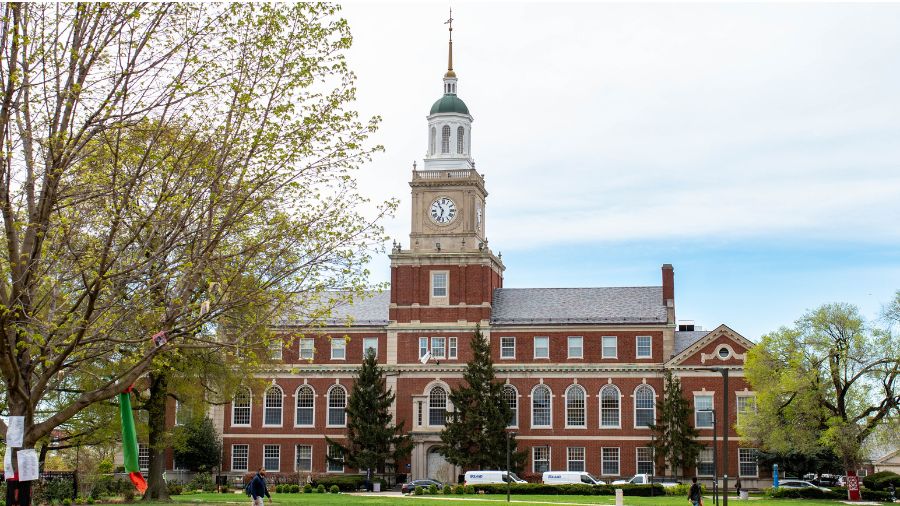ASBMB lauds parts of defense authorization that bolster HBCUs
The American Society for Biochemistry and Molecular Biology released a statement earlier this month commending Congress and President Joe Biden for their support of the Historically Black Colleges and Universities Research, Innovation, Security and Excellence Act, key provisions of which the president signed into law Dec. 23 as a part of the National Defense Authorization Act.
The bipartisan HBCU RISE Act was crafted in early 2022 to elevate the research status of HBCUs, which are historically underfunded.
“Supporting minority-serving institutions is key to improving equity across the American research enterprise and increasing retention of underrepresented minorities in STEM,” Sarina Neote, public affairs director of the ASBMB, said. “We’re thrilled to see this bill enacted into law.”
The new law compels U.S. Secretary of Defense Lloyd J. Austin III to fund outstanding scientific grant applications detailing plans to bolster HBCU research programs. The grants can be used for faculty professional development; undergraduate, graduate and postdoctoral fellow stipends; laboratory equipment and instrumentation; faculty and student recruitment and retention; and research facility construction and modernization.
HBCUs are important resources that bring scientific opportunities to underrepresented groups and drive diversification of the STEM workforce. While they comprise only 3% of the nation’s higher education institutions, HBCUs are leaders in producing Black college graduates who go on to earn STEM doctorates.
The Carnegie classification is a framework to categorize colleges and universities based on research-output, with R1 research institutions achieving the greatest research activity. The NDAA-funded pilot program aims to increase the research capacity of R2 HBCUs so that they can qualify for R1 status.
The ASBMB expressed support for the original bill in a statement back in April and this month credited legislative co-authors U.S. Sens. Chris Van Hollen, D-Md., and Thom Tillis, R-N.C., and U.S. Rep. Alma Adams, D-N.C., for their hard work to ensure that final version of the defense authorization included research funding for HBCUs.
Van Hollen said in a press release about the original bill: “Maryland’s HBCUs provide a quality education, a unique experience and an enriching environment for thousands of students.” He added: “Investing more in their success — and the success of our students — is an investment in our future.”
Neote said the ASBMB hopes to see more bipartisan and bicameral work supporting the American STEM enterprise and equity within it.

Enjoy reading ASBMB Today?
Become a member to receive the print edition four times a year and the digital edition monthly.
Learn moreGet the latest from ASBMB Today
Enter your email address, and we’ll send you a weekly email with recent articles, interviews and more.
Latest in Policy
Policy highlights or most popular articles

Women’s health cannot leave rare diseases behind
A physician living with lymphangioleiomyomatosis and a basic scientist explain why patient-driven, trial-ready research is essential to turning momentum into meaningful progress.

Building a stronger future for research funding
Hear from Eric Gascho of the Coalition for Health Funding about federal public health investments, the value of collaboration and how scientists can help shape the future of research funding.

Councilors advocate for science on Capitol Hill
ASBMB Councilors meet with their elected officials to advocate for basic scientific research funding and training the next generation of scientists.

Hope for a cure hangs on research
Amid drastic proposed cuts to biomedical research, rare disease families like Hailey Adkisson’s fight for survival and hope. Without funding, science can’t “catch up” to help the patients who need it most.

Supporting science through advocacy and community building
ASBMB calls on scientists to take action as funding cuts and policy shifts threaten the U.S. research enterprise, emphasizing the power of community advocacy and persistence in protecting the future of science.

Seven steps to advocating in your home state
Find out how to schedule, prepare for and conduct a productive district office meeting to communicate the importance of fundamental scientific research funding to your representatives.

